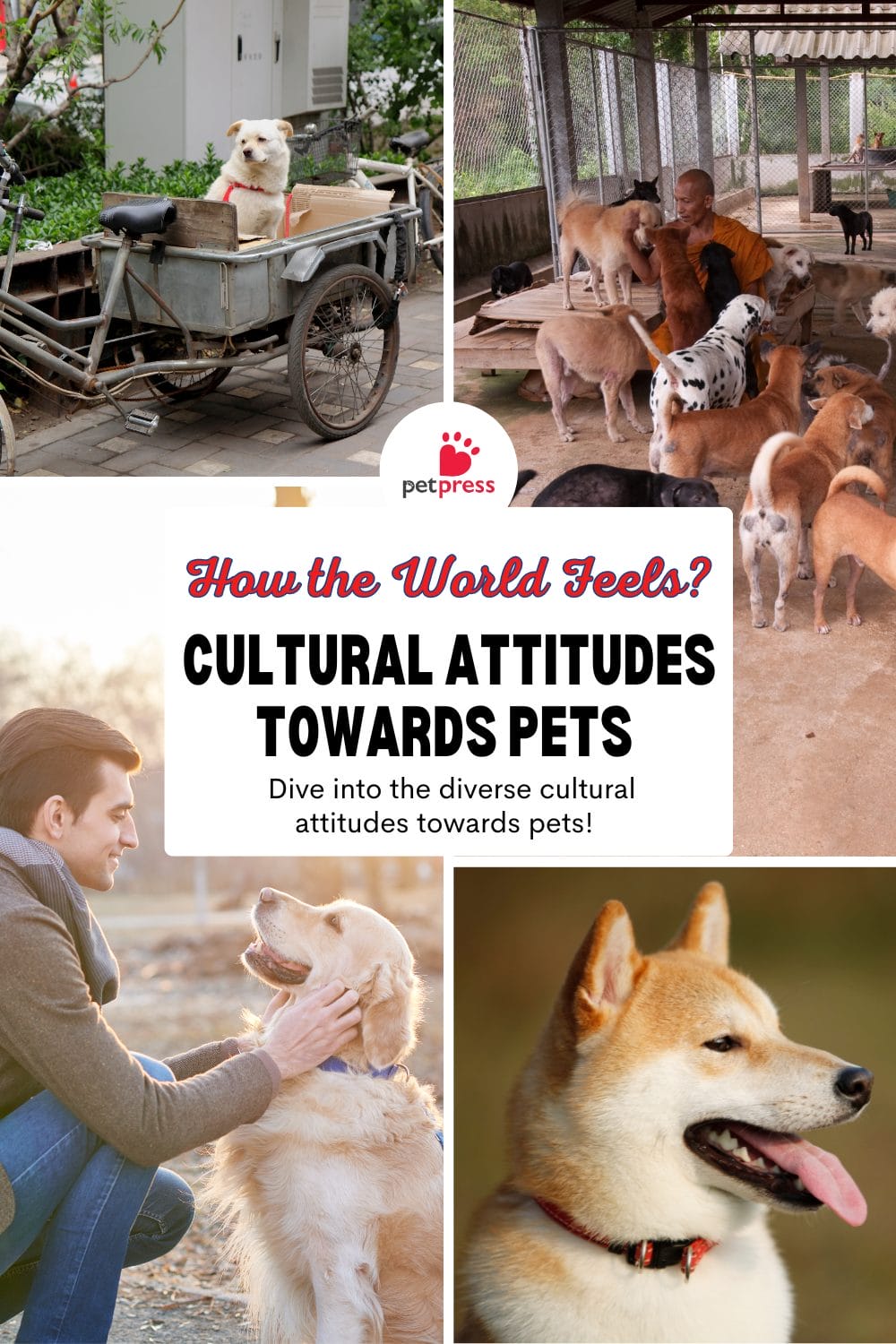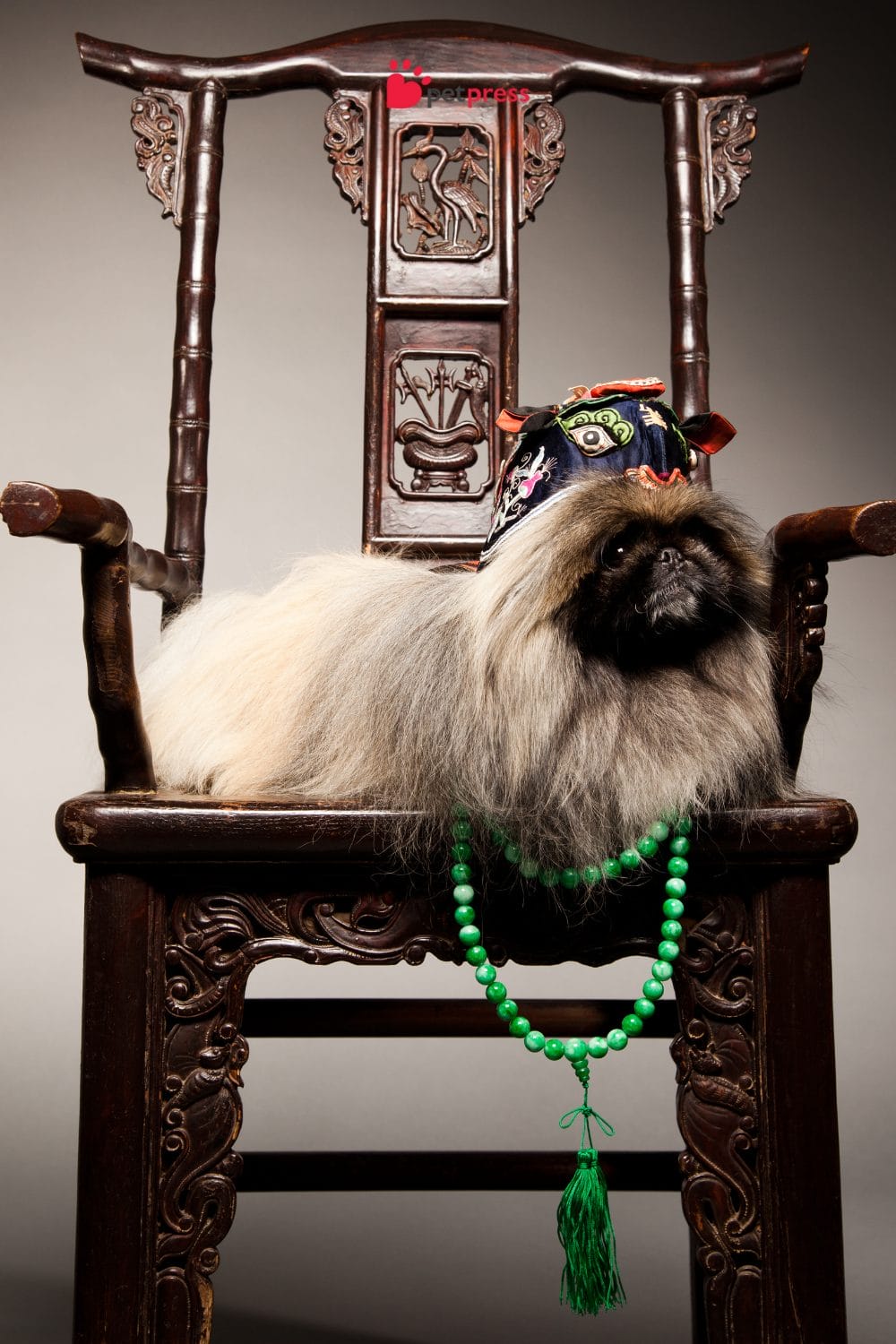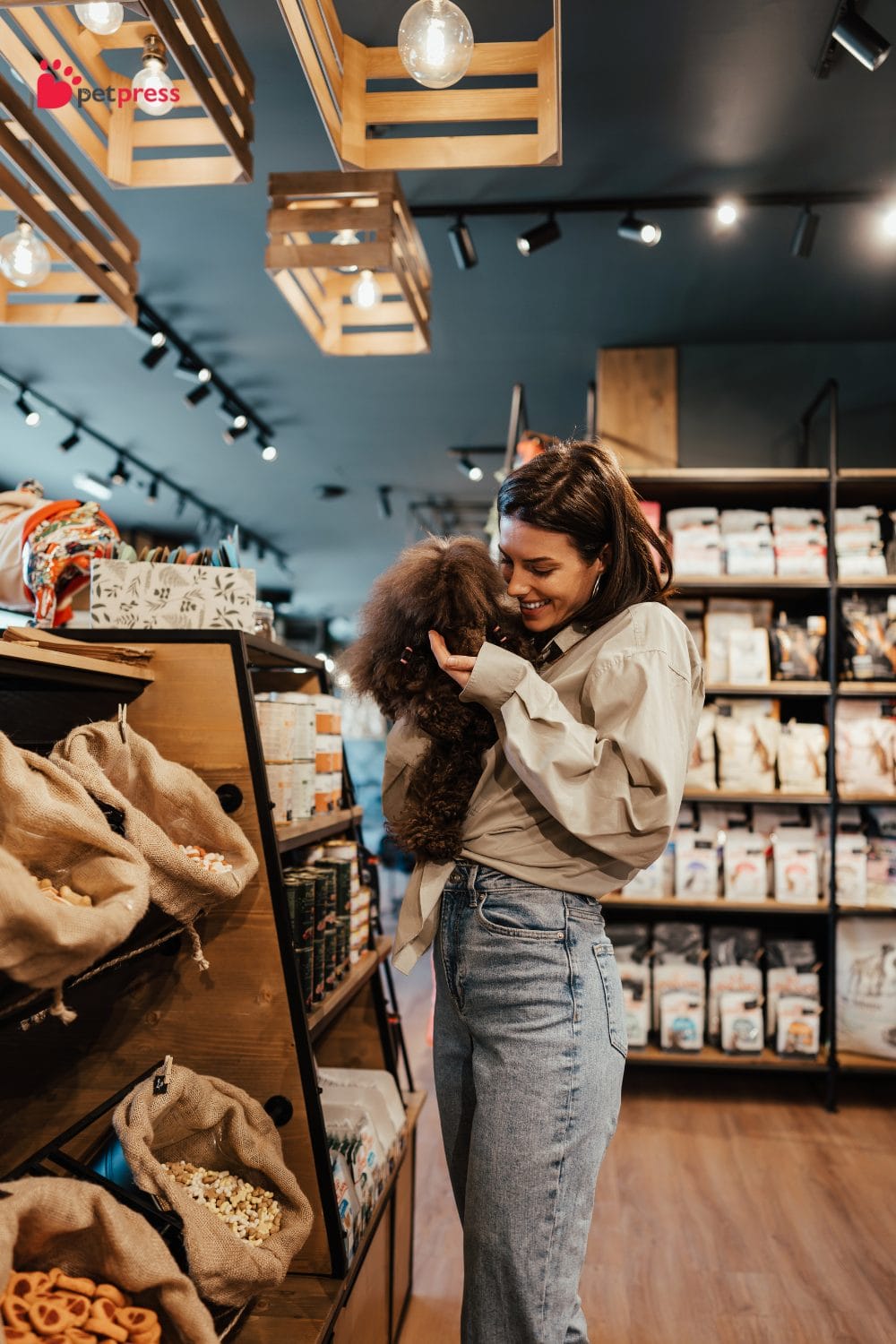
Have you ever wondered why people in different parts of the world treat pets differently? This curiosity stems from varied cultural attitudes towards pets.
Understanding these cultural attitudes towards pets is not just interesting; it’s crucial. That is why, it helps us appreciate the special bond between humans and animals across the globe.
By exploring how different cultures interact with pets, we can learn more about each other and the animals we love. Let us explore this article on how people around the world value their furry, feathered, or scaled friends.
What are Cultural Attitudes Towards Pets?
Cultural attitudes towards pets describe how different societies view and treat animals that live with humans. These views can vary widely from one place to another, depending on local beliefs, history, and lifestyle.
In some cultures, pets are essential companions, offering friendship and comfort to their owners daily. These furry friends can reduce stress, provide emotional support, and even improve physical health through active play and walks.
In other societies, pets also play vital roles beyond companionship. They may be workers, helping with tasks like herding, hunting, or guarding. Here, the cultural value of pets is tied to their contributions to livelihoods and safety.
Pets in North America: Loved Like Family
In the USA and Canada, pets are often seen as true family members. Thus, many people view their pets with as much affection as they would any other family member. .
- Dogs: Known for their loyalty, dogs are the most popular pets. More often, they are regularly walked, groomed, and taken for regular veterinary check-ups.
- Cats: Cherished for their independence and companionship, cats are another favorite. They usually have their cozy corners at home and receive preventive healthcare.
- Fish: A popular choice for smaller homes or apartments. Fish tanks are maintained meticulously to ensure a healthy environment.
- Birds: From parrots to canaries, birds are valued for their beauty and song. Owners often provide spacious cages and social interaction.
People in North America invest in quality food, regular healthcare, and even insurance to ensure their pets live long, happy lives. So, from cozy beds to the latest toys, no expense is spared to make these pets feel loved and part of the family.

Pets in Europe: High Standards of Care
European countries are renowned for their pet-friendly laws, ensuring high-quality treatment and care for animals. These laws cover everything from proper shelter and food to regular veterinary check-ups. However, the specifics can vary greatly from one country to another.
Travel-friendly Pets:
In Europe, pets often enjoy the freedom to travel with their owners. With these, many European public transport systems allow pets on board, making exploring together easier. Additionally, restaurants and public spaces are increasingly welcoming pets, reflecting a pet-inclusive culture.
Living with Pets:
Moreover, European cities offer numerous pet-friendly accommodations and amenities. Furthermore, parks, trails, and city spaces frequently have designated areas for dogs to play and socialize.
The comfort and welfare of pets are priorities in Europe. This ensures that whether living day-to-day or traveling across borders, pets receive love and care, enhancing the bond between pets and owners.
Pets in Asia: A Mix of Tradition and Modernity
Asia showcases a rich tapestry of cultural attitudes towards pets, blending age-old traditions with modern lifestyles. However, this mix creates diverse roles for pets across the continent, from valued family members to key participants in cultural practices.
Japan:
Pets are often treated like family members, with dogs and cats living closely with their owners in homes. However, Japan is famous for its pet-friendly cafes and even hotels dedicated to pets.
- Popular Pets: Shiba Inu, Japanese Bobtail
- Cultural Role: Pets feature in celebrations and are often dressed in costumes during festivals like Shichi-Go-San.
China:
The view on pets is evolving. Traditionally seen more as protectors or for practical uses, today, however, pets are becoming increasingly popular as companions.
- Popular Pets: Pekingese, Shar-Pei
- Cultural Role: Pets are part of the family during the Lunar New Year celebrations, symbolizing good luck.
Pets in both countries show how deeply animals are woven into the fabric of daily life, reflecting both traditional values and modern shifts in pet ownership. These heartfelt relationships between pets and their owners highlight the cherished status of pets in Asian cultures.

Pets in the Middle East: Religious and Cultural Influences
In the Middle East, religious beliefs significantly shape how pets are treated. Islam, the dominant religion in the region, teaches kindness towards all creatures, influencing pet care and attitudes.
- Respect for Cats: Cats are especially revered in Islamic culture due to their cleanliness and the affection shown towards them by the Prophet Muhammad. This respect leads to them often being well-treated and freely roaming even in urban areas.
- Dogs in Society: Dogs are regarded differently; their presence in the home is less common due to beliefs about cleanliness. However, they are respected for their roles in security and herding in rural areas.
Egypt:
In Egypt, cats are particularly cherished and often seen as part of the family. Historical ties dating back to ancient times influence this, where cats were associated with gods and good luck.
Saudi Arabia:
Here, the approach to pets is evolving. While traditional views on dogs persist, there is growing interest in pet ownership, leading to more pet-friendly spaces and services.
However, this region also shows how deeply cultural beliefs can influence human-animal relationships, affecting everything from pet choice to daily interactions.

Pets in Africa: From Working Animals to Companions
Traditionally, in Africa, many pets have served as working animals, crucial to daily life and survival. Dogs, for instance, have been used for herding livestock and protecting homes from predators. This practical role highlights the cultural appreciation for pets as valuable workers.
- Increased Pet Companionship: In many African urban centers, the role of pets is shifting. Dogs and cats are increasingly seen as family members, providing companionship and joy.
- Pet Care Awareness: There’s growing awareness about proper pet care and health. Veterinary services and pet care facilities are becoming more common in cities.
- Cultural Integration: Pets are becoming integrated into more aspects of social life, including pet-friendly parks and events.
These changes reflect a broader trend where the emotional and social benefits of pet ownership are celebrated. As attitudes shift, pets in urban Africa are cherished not only for their utility but also for the companionship and happiness they bring to families.
Conclusion: Embracing Global Views on Pets
Pets hold a special place in the hearts of many. Consequently, each region has its own unique relationship with pets, influenced by history, environment, and societal norms.
It’s important for us, as pet lovers and global citizens, to appreciate and respect these diverse viewpoints. Consequently, by understanding the varied roles pets play in different societies, we can foster a deeper empathy towards animals and their owners.
So, let’s keep our minds and hearts open as we continue to learn and share about the incredible bond between humans and pets. Remember, every pet, from the tiniest hamster to the mightiest horse, deserves respect and love.

FAQs
Each culture has its own history, religion, and lifestyle, which all influence how people view and treat pets. These factors shape attitudes and practices.
The United States and Canada are well-known for treating pets like family members, often giving them a very pampered lifestyle.
Yes, many European countries, including Germany and Switzerland, have strong animal protection laws ensuring pets are well cared for.
In Nepal, Kukur Tihar is a festival where dogs are worshipped and celebrated with garlands and special treats.
Dogs are considered the most popular pets globally, and they are cherished for their loyalty and companionship.
- Does Cat Litter Melt Ice? The Complete Guide to Winter Safety - January 30, 2026
- Happy Tail Dogs: Understanding This Common Canine Condition - January 29, 2026
- How Cold Can Outdoor Cats Handle? Feline Winter Safety - January 27, 2026


GIPHY App Key not set. Please check settings